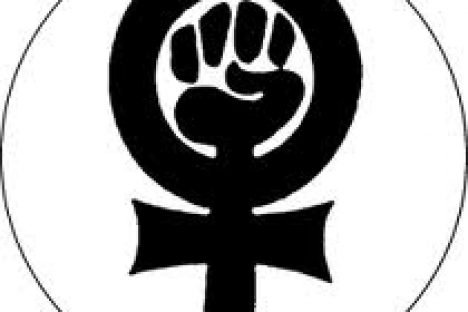Castlegar's Take Back the Night event slated for Oct. 6
Take Back the night is an international annual event which is locally organized by Castlegar’s Violence Against Women in Relationships (VAWIR) committee. The Castlegar VAWIR Committee welcomes you to join our annual Take Back The Night Event on Oct. 6. Take Back the Night is an international event with the mission of ending sexual, relationship, and domestic violence in all forms. This is a community march in support of women’s and children’s safety. Everyone in the community is encouraged to join.
The march began in the early 1970s in Europe as a way to protest the violence that women experienced while walking in public at night. The purpose of these marches was to speak out against this violence and raise community awareness as a preventive measure against future violence. The mission of Take Back the Night has since grown to encompass all forms of violence against all persons, though sexual violence against women is still a top focus. The word night was originally meant to be taken literally to express the fear that many women feel during the night and has since changed to symbolize a fear of violence in general, including feminist concerns such as domestic violence and sexual abuse within the home.
While many think the West Kootenay is safe, the statistics show otherwise for women. Every year in BC, there are over 60,000 physical or sexual assaults against women — almost all of which are committed by men. Only 12 per cent of sexual assaults against women are reported to the police. (Statistics Canada 2009). One in three women will be sexually assaulted in her lifetime. (Statistics Canada. Measuring Violence Against Women: Statistical Trends 2006). According to police-reported data for 2010, there were almost 99,000 victims of family violence, accounting for one-quarter (25 per cent) of all victims of violent crime. Almost an equal proportion of these family violence victims were spouses (49 per cent) or other types of family members, such as children, parents, siblings or extended family members (51 per cent). Unlike other forms of violent crimes, females had more than double the risk of males of becoming a victim of police-reported family violence (407 victims per 100,000 population versus 180 victims per 100,000). Sixty-seven per cent of Canadians say they have personally known at least one woman who has experienced physical or sexual abuse (Angus Reid Omnibus Survey, Canadian Women’s Foundation, 2012). On any given night in Canada, 3,491 women and their 2,724 children sleep in shelters because it isn’t safe at home. On any given night, about 300 women and children are turned away because shelters are already full (Shelters for Abused Women in Canada, 2014, Statistics Canada).
Domestic violence and sexual abuse are often called “women’s issues” but these are intrinsically men’s issues. Here are some ways men in the community can assist:
-
Listen to women when they tell you what they do or don’t want, believe women when they tell you about their experiences, support them when they fight against abuse & oppression. Ask women how the threat of violence affects their daily lives. Ask how they think men can prevent sexual violence.
-
Think about and examine your own attitudes and actions, and think about how they may perpetuate sexism and violence. Then work towards changing them. Violence against women is a learned behaviour. Men’s violence is a result of the way many men learn to express their masculinity, and most individual acts of men’s violence are an attempt to assert control over others.
-
Speak out and hold your male friends accountable when they make sexist comments (even when women are not around) or when they pressure or force someone into any kind of sexual activity (from touching, to kissing, to intercourse). Intervene with men who engage in such violence.
-
Support services for survivors of men’s violence. Address the privilege of earning more money than women do in this society by donating funds to local non-profits who support women who experience violence.
-
Participate with others who address sexism and violence against women. Offer childcare to women friends or partners so that they may attend the march, services and other activities.
Take Back the Night offers the opportunity for us all — women and men — to call out unacceptable behaviour and be leaders of change.
Join us on Thursday, Oct. 6 at 5:30 p.m. for the march from Canadian Tire to Safeway. Following the march are speakers, presentations and entertainment. Bring noise makers, signs, banners, etc. Call Lora at 250-365-2104, ext 27 for more information.
Local Victim’s Services can be accessed through the RCMP as well as Castlegar & District Community Services offers Sexual Abuse Intervention Program, Safe Homes Program, Children Who Witness Abuse Program, Stopping the Violence Counseling, Bridges for Women Program, and family and women’s support.

























